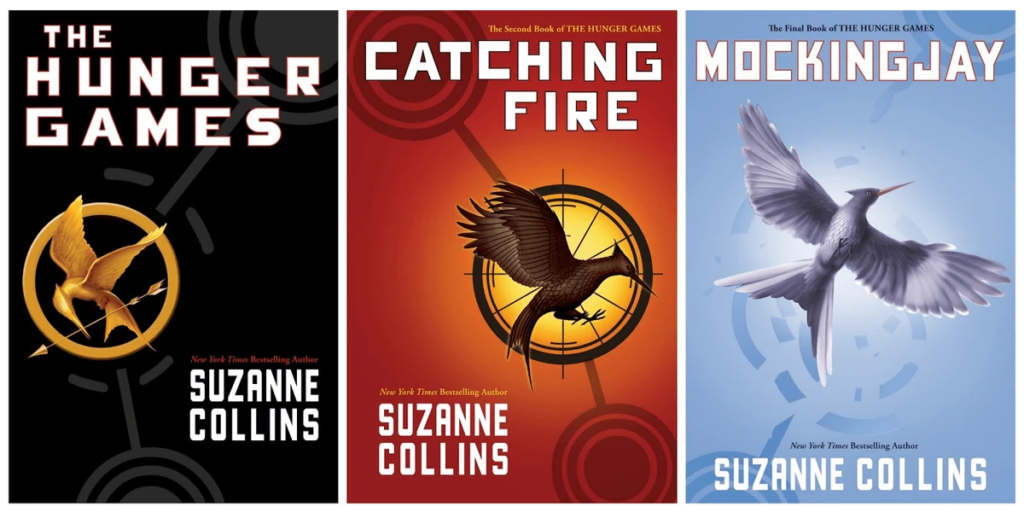Surprisingly, a beloved dystopian series, The Hunger Games, has found itself at the center of numerous book challenges in the United States. This dystopian tale, featuring an upcoming prequel movie, has garnered both devoted fans and vocal critics.
The Hunger Games A Dystopian Classic
The Hunger Games introduces readers to the young and courageous Katniss Everdeen, portrayed on-screen by Jennifer Lawrence. The story unfolds in a dystopian world where government-mandated traditions lead to a brutal fight for survival known as the Hunger Games.
Katniss, who volunteers to protect her family, finds herself battling not only for her life but also for justice against a corrupt regime. This popular Young Adult novel has resonated with readers, despite its banned status, as it paints a powerful portrait of resilience and resistance.
Debunking Misconceptions around The Hunger Games
Contrary to the claims of some critics, The Hunger Games does not promote Occultism or Satanism. There are no references to the occult or specific religions within the narrative. The series primarily focuses on themes of survival, justice, and rebellion against an oppressive government.
The Real Reason for Banning
Many speculate that the true reason behind banning The Hunger Games is not listed in official statements. Instead, it can be argued that the book’s themes of rebellion and challenging authority are the driving forces behind its censorship.

The series follows a nation subjected to harsh treatment, with characters like Katniss rising to confront the Capitol’s tyranny. Encouraging citizens to stand up for their rights and challenge authority can be perceived as a threat by a government making controversial decisions.
A Troubling Trend
Unfortunately, the trend of book banning shows no signs of abating. Book censorship has become a contentious issue in American politics, although, so far, bans have remained localized rather than widespread.

Nevertheless, this trend disappoints and frustrates both students and book enthusiasts alike. Suzanne Collins’ The Hunger Games consistently ranks high on the American Library Association’s list of banned books, occupying the fifth spot in 2016.
Record-Breaking Year for Book Challenges
The year 2022 witnessed a record-breaking surge in book challenges and bans. The top 13 challenged books mostly featured content considered sexually explicit or containing LGBTQIA+ themes, although the reasons for objections varied.
Beyond The Hunger Games, other commonly banned titles include Animal Farm, 1984, The Handmaid’s Tale, To Kill a Mockingbird, The Perks of Being a Wallflower, and the ironically poetic Fahrenheit 451 by Ray Bradbury.

The Hunger Games serves as a striking example of how literature can provoke strong reactions, both positive and negative. While it continues to captivate readers with its themes of resilience and resistance, it also finds itself in the midst of a broader debate about the limits of free expression in literature.
